brain
September 11, 2021
At a loss?
UW experts explain how to distinguish between memory loss and simple forgetfulness.
December 8, 2017
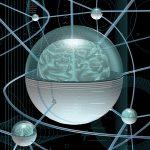
Engineering on the brain
Doctors, engineers and other experts work together at the UW Center for Sensorimotor Neural Engineering.
March 1, 2015
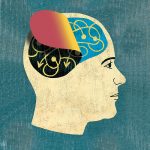
Brain discovery
A couple of years ago a scientist looking at dozens of MRI scans of human brains noticed something surprising: a large fiber pathway that seemed to be part of the network of connections that process visual information.
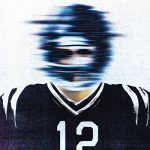
Brain spotting
Football concussions get a lot of attention, but UW researchers want to know how a single brain injury can affect an ordinary person decades down the line.
December 1, 2014
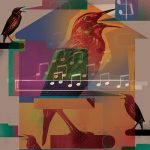
Clues from bird brains
Brain cells that multiply to help birds sing their best during breeding season are known to die back naturally later in the year. For the first time, researchers have described the series of events that cue new neuron growth each spring.
September 1, 2014

Beloved Linda
None of us knows what adversities life will bring. It was more than fifteen years ago, in 1999, when I first discovered that my wife, Linda, was having serious problems with short-term memory loss. It was the first stage of early-onset Alzheimer's disease.
March 1, 2014
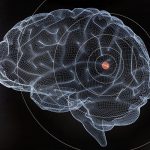
Brain sugar
A growing body of evidence suggests that the brain plays a key role in glucose regulation and the development of type 2 diabetes.
December 1, 2013
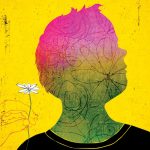
Autism onset
Between ages 3 and 10, children with autism spectrum disorder exhibit distinct brain chemical changes that differ from children with developmental delays and those with typical development, according to a new study led by UW researchers.
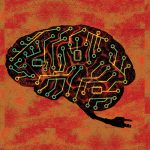
Brain bonding
UW researchers have performed what they believe is the first noninvasive human-to-human brain interface, with one researcher able to send a brain signal via the Internet to control the hand motions of a fellow researcher.
September 1, 2011
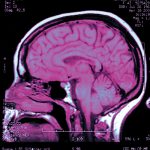
Field test for brains
Pierre Mourad, associate professor of Neurological Surgery, has received a grant of $2,602,379 from the U.S. Department of Defense to develop a rugged, field-deployable imaging device for traumatic brain injuries.
September 1, 2010
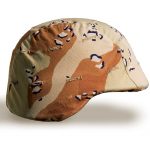
Damaging waves
A team of UW and Veterans Affairs researchers has gathered the first direct evidence that blast waves from roadside bombs can cause long-term changes in soldiers’ brains.
March 1, 2009
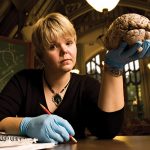
Knowing the enemy
A little more than 10 years ago, Kristin Swanson, a graduate student in applied mathematics at the UW, began work on an audacious project: an equation to model the growth and spread of brain tumors in individual patients.
December 1, 2008
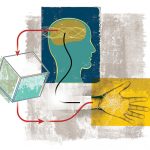
Potential breakthrough
Aided by external wires that rerouted signals from their brains, two macaques regained control of their paralyzed wrists and played a simple video game.
June 1, 2008
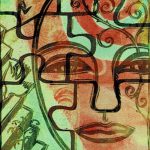
Schizophrenia puzzle
People with schizophrenia have high rates of rare genetic deletions and duplications that likely disrupt the developing brain, according to new research from the UW and Cold Spring Harbor Laboratories.
December 1, 2006

Legacy of giving
Moments after Ellsworth C. “Buster” and Nancy D. Alvord received the Gates Volunteer Service Award at the Fifth Annual Recognition Gala Sept. 8, the couple made a surprise announcement. They will help create a Center of Excellence for Neuro-oncology at the University by establishing with their family six new endowed faculty chairs.
March 1, 2005

Wake-up call
Can radiation from cellphones damage DNA in our brains? When a UW researcher found disturbing data, funding became tight and one industry leader threatened legal action.
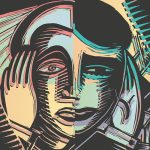
Painful data
It’s bad enough to suffer from migraines, but now there is a correlation with another brain malady. Migraine sufferers are twice as likely to experience a stroke, compared to people who do not get this type of headache, say UW researchers.
March 1, 2001
Brain in focus
A Center for Mind, Brain and Learning to conduct innovative research on early brain and behavioral development has been created at the University of Washington.
December 1, 1999
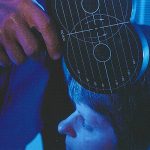
Magnetic relief
Depression's victims sometimes find that drugs and therapy can't help. Soon there may be a new solution — the power of magnetism.
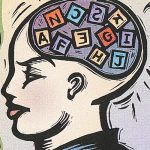
Dyslexia research
UW researchers found that dyslexic children use nearly five times the brain area as normal children while performing a simple language task.